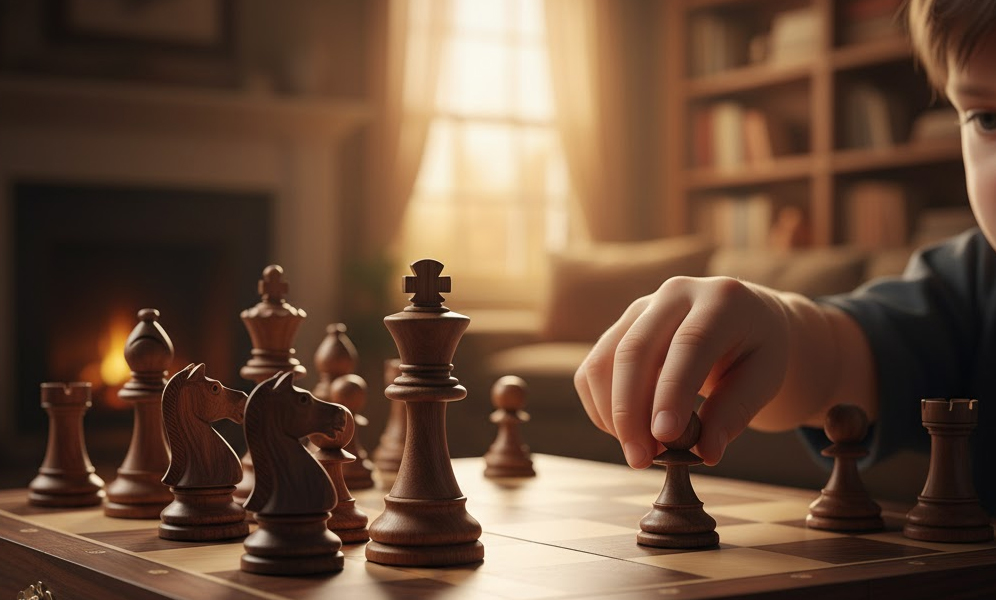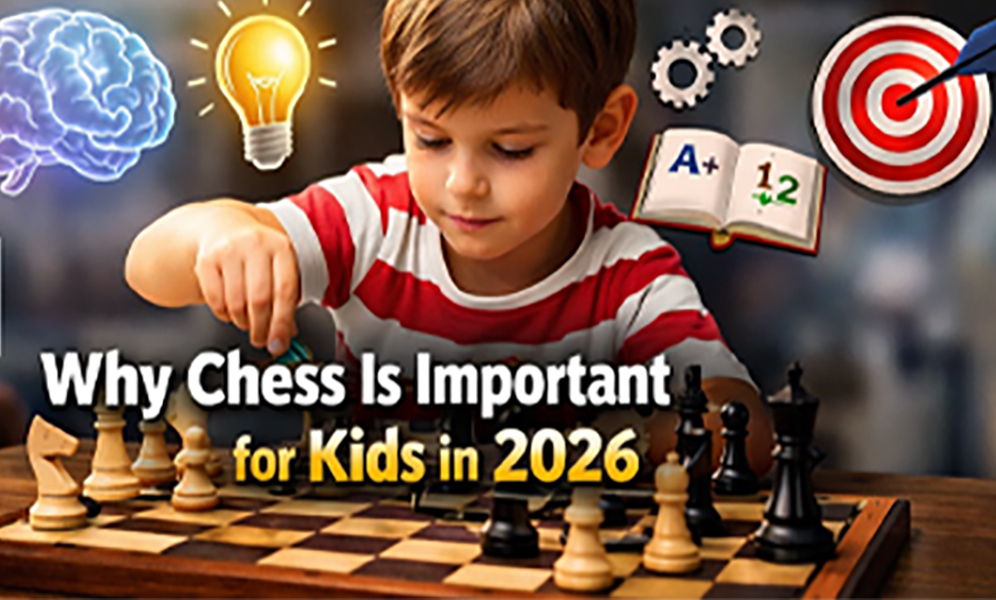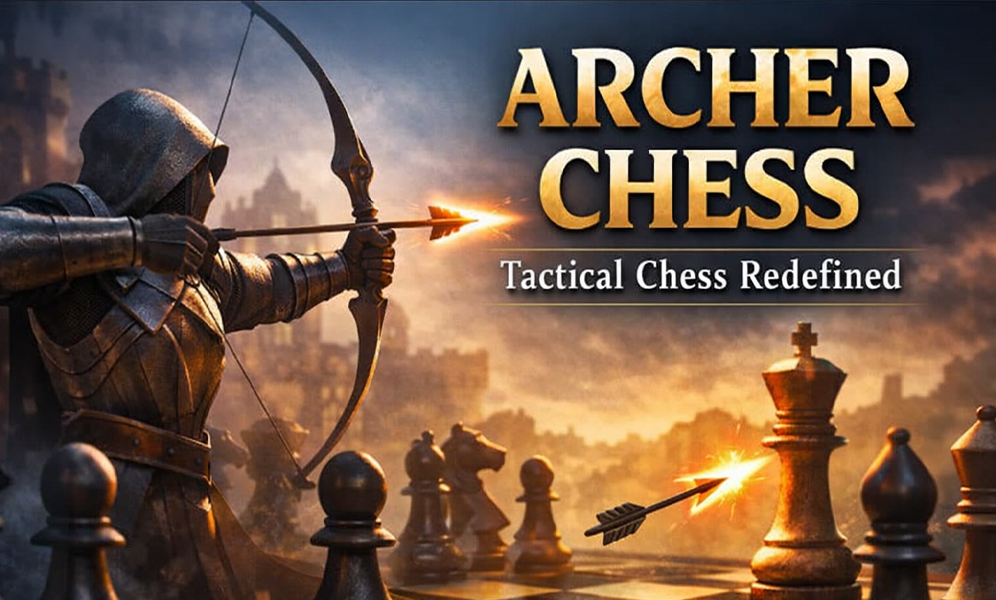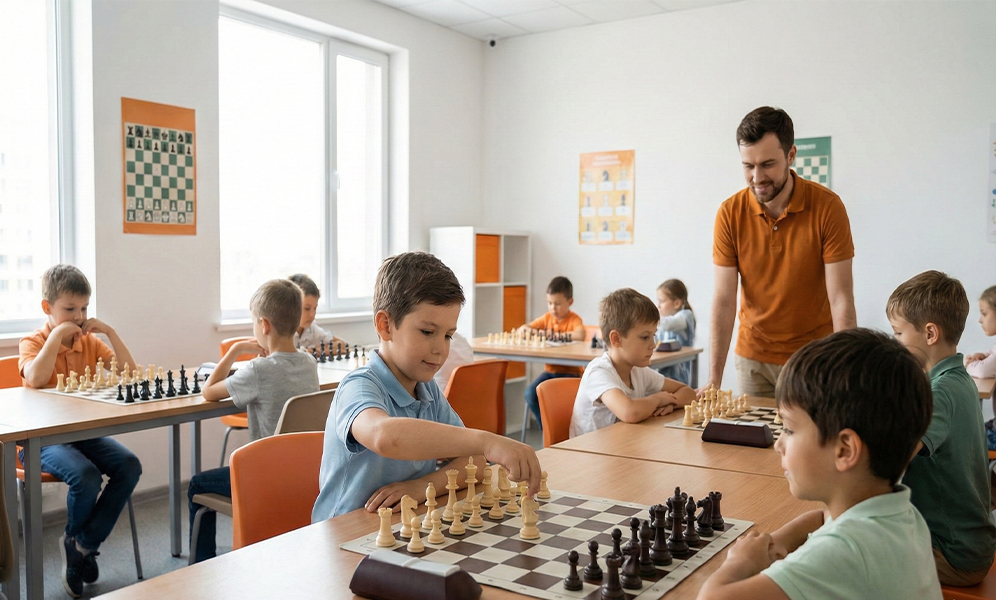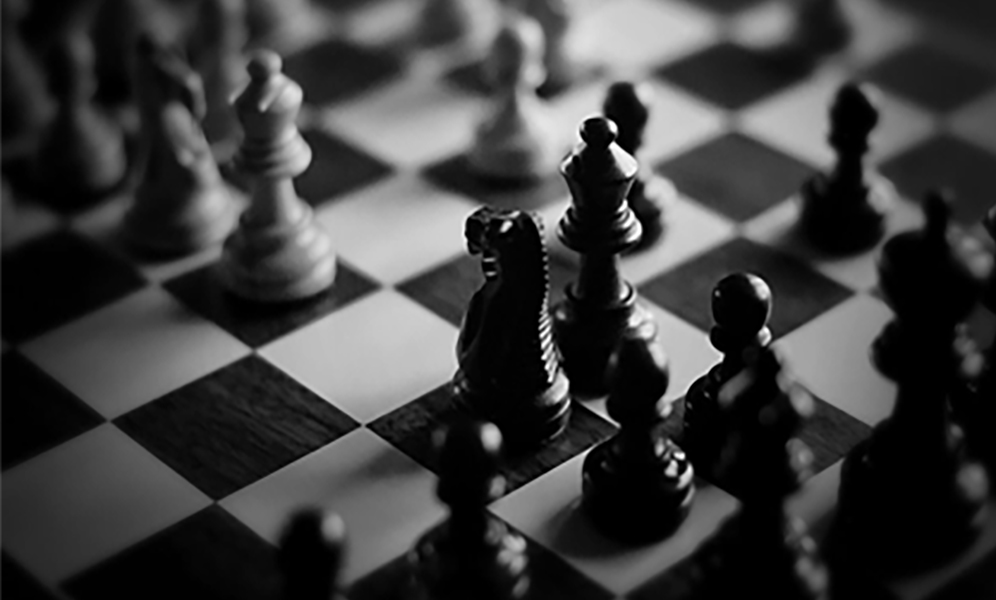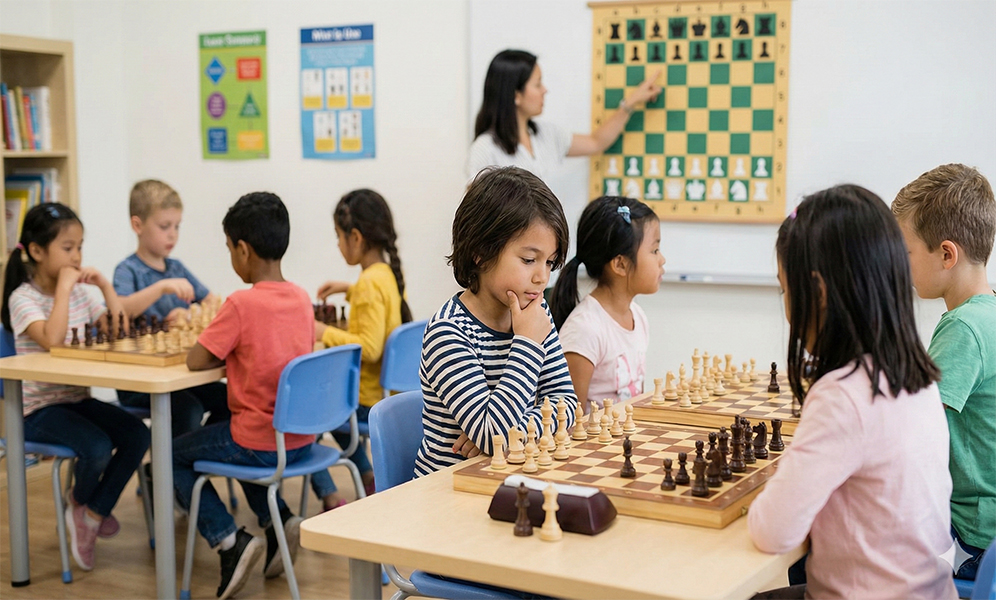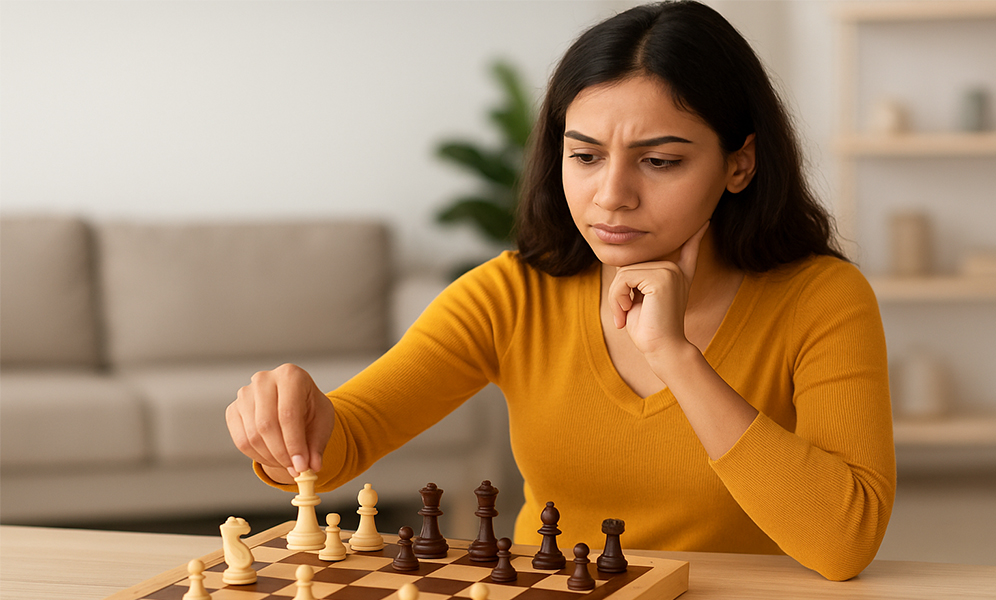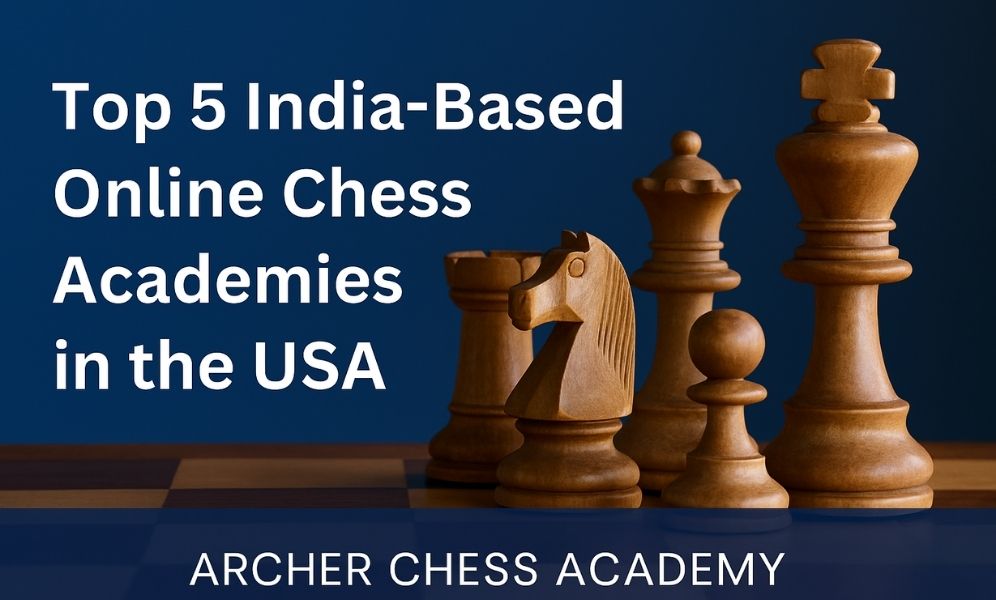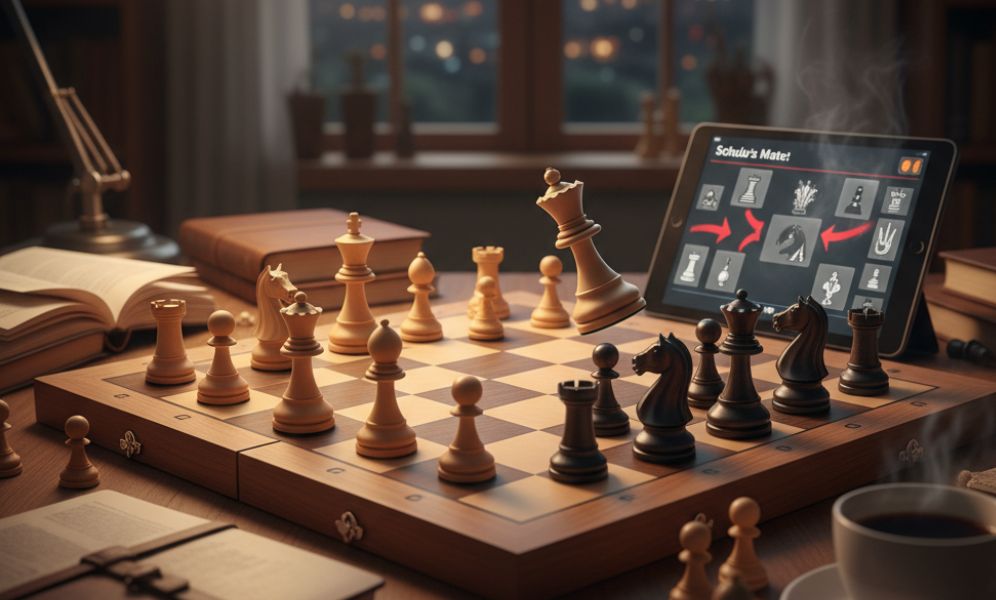More Than a Game: Why Every Kid Should Learn Chess (The Ultimate Guide)
In today's fast-paced digital world of 30-second videos and constant notifications, the idea of a child sitting quietly, focused on a simple board game, seems almost radical.
Yet, this is the magic of chess.
For centuries, chess has been known as the "gymnasium for the mind." It's not just a game; it's a complete workout that builds critical skills, character, and mental fortitude. While your child is busy protecting their king and capturing pieces, they are unknowingly developing powerful tools that will help them succeed in school, in their careers, and in life.
If you're wondering whether to introduce your child to the world of 64 squares, here is the ultimate guide to the profound benefits they'll gain.
It Forges Unbreakable Concentration
This is perhaps the most significant benefit in the modern age. Chess demands total focus. A single lapse in concentration can lead to a blunder that costs the game.
Through practice, children learn to "mute" the world around them. They learn to sustain their attention, follow complex lines of thought, and stay present in the moment. This skill—the ability to focus deeply—is directly transferable to better concentration in the classroom, higher-quality homework, and a greater ability to learn any new subject.
It Teaches True Problem-Solving and Critical Thinking
Every move in chess is a new puzzle. Every position is a new problem to be solved.
The game teaches a powerful, structured way of thinking:
- Analyze: What is happening right now? What are the threats? What are the opportunities?
- Brainstorm: What are all my possible moves?
- Evaluate (If-Then Logic): If I move my knight here, what will my opponent do? What are their top 3 replies? And what will I do then?
- Execute: Choose the best move and commit to it.
This "if-then" analysis is the very definition of critical thinking. It moves a child from reacting impulsively to responding thoughtfully.
It Boosts Academic Performance (Especially Math & Reading)
The skills from chess don't stay on the board.
- Math Skills: Chess is geometry, patterns, and spatial reasoning in action. A child learns to see the board in coordinates, visualize lines of attack (diagonals for bishops, L-shapes for knights), and calculate sequences. This spatial awareness is a known predictor of success in STEM fields.
- Reading Comprehension: This one surprises many parents. Both chess and reading require decoding, pattern recognition, and understanding. Studies have shown that children who play chess regularly often see significant improvements in their reading scores because they are training the same parts of the brain responsible for analysis and comprehension.
It Teaches How to Lose (And Why That's a Good Thing)
In chess, you either win or you learn. There is no "luck" to blame.
This is a crucial life lesson. Losing a game teaches a child to be resilient and handle setbacks. It's a safe environment to experience failure and, more importantly, to learn from it. They are taught to shake their opponent's hand, say "good game," and then go back and analyze why they lost.
This process builds "grit." It teaches them that a mistake isn't a dead end; it's a piece of data. This mindset is invaluable for school, sports, and any future challenge.
It Builds Unshakable Confidence
The first time a child successfully defends against an attack, the first time they spot a "tactic" and win a piece, or the first time they checkmate an opponent—their confidence soars.
This isn't the easy confidence that comes from hollow praise. It's a deep, earned self-esteem that comes from solving a difficult problem all by themselves. They learn to trust their own mind and their ability to think through challenges.
It Teaches True Sportsmanship and Emotional Control
You can't have a tantrum and throw the pieces when you're losing (not if you want to keep playing, anyway!). Chess teaches patience. It teaches emotional control. You learn to sit on your hands, stay calm under pressure, and think logically even when you are in a bad position.
And at the end of every single game, win or lose, the tradition is to shake hands. This simple act teaches respect, humility in victory, and grace in defeat.
How to Get Started: A Simple Path for Parents
You don't need to be a Grandmaster to introduce your child to chess.
- Start with the Stories: Don't start with rules. Start with the "characters." The Knight is a "jumper," the Bishop is a "slider," the King is the "old man" who moves one step at a time. Make it fun.
- Play Mini-Games: Start by just playing with the pawns. (This is called "Pawn Wars.") It teaches them how pawns move and capture in a simple, fun way.
- Use an App: There are many fantastic, kid-friendly chess apps that use games and puzzles to teach the rules.
- Join a Club: Look for a local school club or community program. The social aspect of playing with other kids is a huge motivator.
The Best Investment You Can Make in Your Child's Mind
Chess is not just about becoming a champion. It's about becoming a better thinker.
It's a gift that will last a lifetime, giving your child the mental tools to analyze, to plan, to focus, and to learn from their mistakes. It's one of the best investments you can possibly make in their future.
